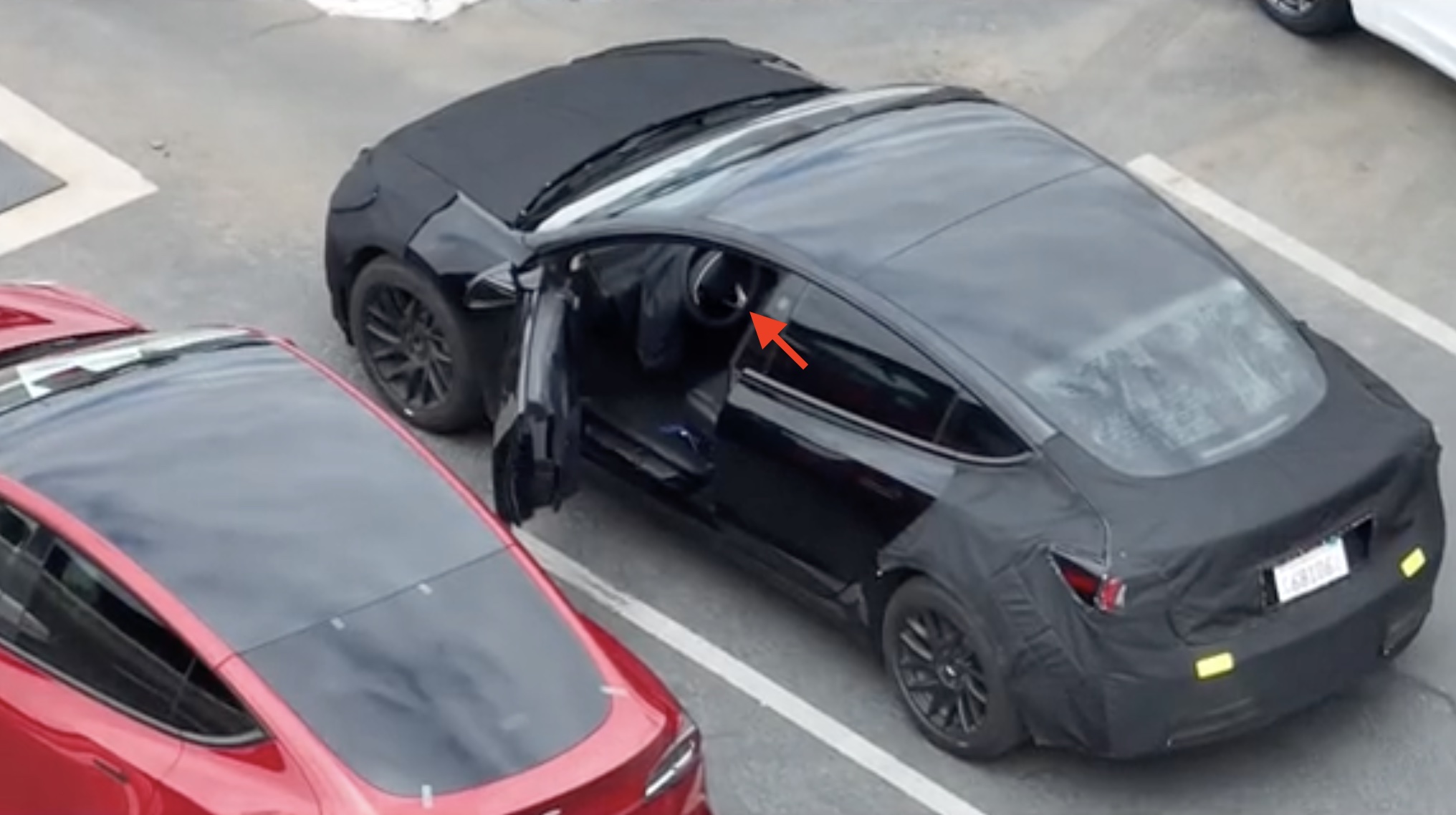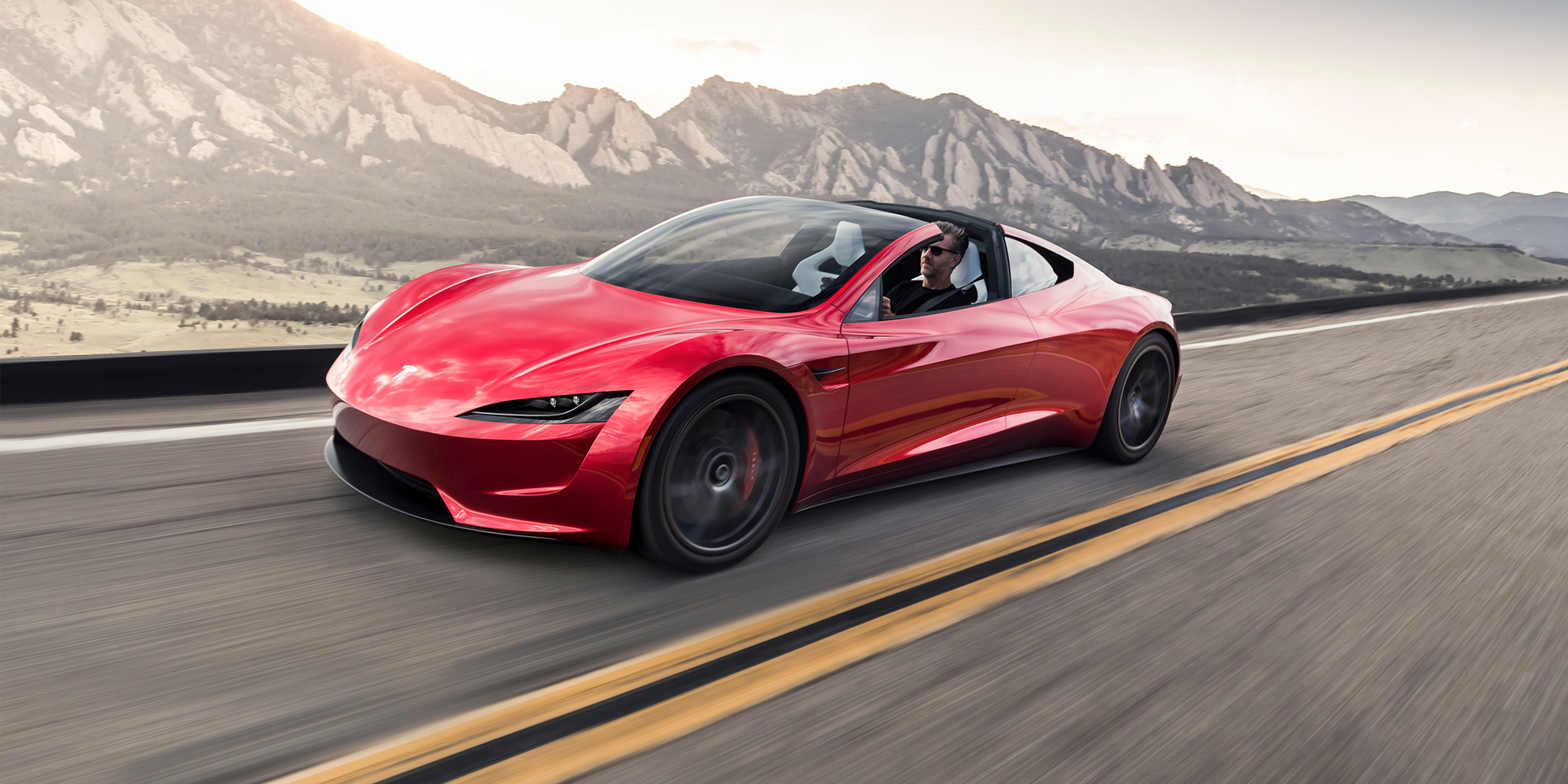Tesla: The Electric Revolution That's Charging The Future
There’s no denying it—Tesla has become more than just a car company. It’s a symbol of innovation, sustainability, and forward-thinking design. Whether you’re a tech enthusiast, an eco-conscious consumer, or simply someone who appreciates cutting-edge engineering, Tesla has something for everyone. But what exactly makes Tesla so special? Let’s dive into the world of electric vehicles (EVs), renewable energy solutions, and the man behind it all—Elon Musk.
From its humble beginnings in 2003 to dominating headlines worldwide, Tesla has redefined the automotive industry. This isn’t just about cars; it’s about revolutionizing how we think about transportation, energy consumption, and climate change. And if you’re reading this, chances are you’re already curious about why Tesla is making such a big splash.
So buckle up because we’re about to take you on a journey through the history, technology, impact, and future of Tesla. By the time you finish this article, you’ll not only understand why Tesla matters but also how it could play a role in shaping your own life—and the planet’s future.
Read also:June Summers Suicide Unveiling The Truth Behind The Tragic Story
Table of Contents
- The Origins of Tesla
- Elon Musk: The Visionary Behind Tesla
- Tesla's Groundbreaking Products
- Revolutionary Technology Driving Tesla Forward
- Tesla's Dominance in the EV Market
- Tesla’s Commitment to Environmental Sustainability
- Challenges and Criticisms Facing Tesla
- What Lies Ahead for Tesla?
- Investing in Tesla: Is It Worth It?
- Final Thoughts: Why Tesla Matters
The Origins of Tesla
Every great story starts somewhere, and Tesla’s tale begins in 2003. Founded by Martin Eberhard and Marc Tarpenning, Tesla Motors was born out of a desire to create high-performance electric vehicles that didn’t compromise on style or speed. At the time, EVs were seen as sluggish, unattractive, and impractical. Tesla aimed to change that perception—and boy, did they deliver.
Elon Musk joined the company shortly after its founding, initially as an investor. But his vision and leadership quickly propelled Tesla to new heights. By 2008, Tesla had unveiled the Roadster, a sleek sports car powered entirely by electricity. While it wasn’t exactly affordable, it proved that EVs could be both powerful and desirable. From there, Tesla never looked back.
Key Milestones in Tesla's Journey
- 2008: Launch of the Tesla Roadster
- 2012: Introduction of the Model S, Tesla's first mass-market vehicle
- 2015: Release of the Model X, featuring falcon-wing doors
- 2017: Production of the Model 3, Tesla's most affordable car yet
- 2020: Delivery of the first Tesla Semi trucks
Each milestone brought Tesla closer to achieving its mission: accelerating the world’s transition to sustainable energy. But let’s not forget the man who’s been at the helm of this electric revolution—Elon Musk.
Elon Musk: The Visionary Behind Tesla
Elon Musk isn’t just the CEO of Tesla; he’s a larger-than-life figure whose ideas have shaped industries from space exploration to artificial intelligence. Born in Pretoria, South Africa, Musk showed an early interest in technology and entrepreneurship. By the age of 12, he’d already programmed and sold his first video game.
After moving to the United States, Musk co-founded PayPal, which later sold to eBay for a staggering $1.5 billion. This financial windfall gave him the resources to pursue his true passions—space travel, clean energy, and futuristic transportation. Enter Tesla.
Elon Musk's Bio
| Full Name | Elon Reeve Musk |
|---|---|
| Date of Birth | June 28, 1971 |
| Place of Birth | Pretoria, South Africa |
| Education | University of Pennsylvania (BS in Physics and Economics) |
| Companies Founded | Tesla, SpaceX, Neuralink, The Boring Company |
Musk’s influence extends far beyond Tesla, but his dedication to creating a sustainable future remains central to his vision. Now, let’s talk about the products that have made Tesla a household name.
Read also:Melanie Olmstead Rising Star Of Hollywoods New Generation
Tesla's Groundbreaking Products
When people think of Tesla, they often picture sleek, high-tech cars. But Tesla’s product lineup goes way beyond automobiles. Here’s a breakdown of some of the company’s most notable offerings:
Tesla Vehicles
The Model S, Model 3, Model X, and Model Y are the cornerstones of Tesla’s automotive portfolio. Each model offers unique features tailored to different customer needs—from luxury sedans to family-friendly SUVs. And don’t forget the Cybertruck, a futuristic pickup truck that’s generating buzz even before its official release.
Energy Solutions
Tesla isn’t stopping at cars. The company also produces solar panels, Powerwall batteries, and Megapack systems designed to store renewable energy. These products enable homeowners and businesses to generate and store their own electricity, reducing reliance on traditional power grids.
Autopilot and Full Self-Driving
One of Tesla’s most talked-about features is its Autopilot system, which allows for semi-autonomous driving. While not fully self-driving yet, Tesla continues to push the boundaries of what’s possible with its software updates. Musk has promised that true autonomy is just around the corner—literally.
Revolutionary Technology Driving Tesla Forward
What sets Tesla apart from competitors? It’s not just the cars—it’s the technology under the hood. Tesla invests heavily in research and development, constantly pushing the limits of what’s possible in electric vehicle engineering. Here are a few examples:
Battery Innovation
Tesla’s batteries are among the best in the industry, offering impressive range and charging speed. The company’s Gigafactories produce these batteries at scale, driving down costs and increasing efficiency. Tesla is also exploring next-generation battery technologies, such as solid-state and lithium iron phosphate cells.
Software Updates
Unlike traditional automakers, Tesla treats its vehicles like smartphones. Over-the-air (OTA) updates allow Tesla to improve performance, add new features, and fix bugs remotely. This means your Tesla gets better with age, rather than becoming obsolete over time.
Supercharger Network
Tesla’s Supercharger network makes long-distance travel in an EV a breeze. With thousands of charging stations worldwide, Tesla owners can recharge their cars quickly and conveniently. Plus, Tesla recently opened its Supercharger network to non-Tesla vehicles, further solidifying its position as a leader in EV infrastructure.
Tesla's Dominance in the EV Market
As of 2023, Tesla holds a significant share of the global EV market. According to data from Statista, Tesla accounts for over 20% of all EV sales worldwide. But why has Tesla been so successful while other companies struggle to catch up?
Brand Loyalty
Tesla has cultivated a loyal customer base that’s passionate about the brand. Owners rave about the performance, technology, and design of their vehicles. This enthusiasm translates into repeat purchases and referrals, giving Tesla a competitive edge.
Innovation and Scalability
Tesla’s ability to innovate and scale rapidly sets it apart from rivals. While other automakers are still figuring out how to produce EVs profitably, Tesla has already established itself as a market leader. Its vertical integration strategy, where it controls everything from battery production to software development, allows Tesla to optimize costs and accelerate innovation.
Tesla’s Commitment to Environmental Sustainability
At its core, Tesla is more than just a car company—it’s a mission-driven organization focused on combating climate change. By promoting electric vehicles and renewable energy solutions, Tesla aims to reduce greenhouse gas emissions and transition the world away from fossil fuels.
Reducing Carbon Footprint
Tesla’s vehicles produce zero tailpipe emissions, making them a cleaner alternative to gas-powered cars. Additionally, Tesla’s Gigafactories are designed to minimize waste and maximize energy efficiency. For instance, the Gigafactory in Nevada uses renewable energy sources and recycles materials whenever possible.
Empowering Consumers
Tesla empowers individuals and businesses to take control of their energy consumption. By installing solar panels and battery storage systems, customers can generate their own electricity and reduce reliance on polluting power plants. This not only benefits the environment but also saves money in the long run.
Challenges and Criticisms Facing Tesla
For all its successes, Tesla hasn’t been without its share of challenges. Critics have raised concerns about the company’s production delays, safety record, and labor practices. Let’s address some of these issues head-on.
Production Woes
Tesla has faced criticism for missed deadlines and quality control issues. However, the company has made significant progress in recent years, ramping up production and improving consistency. Musk himself has acknowledged these challenges and vowed to address them moving forward.
Safety Concerns
While Tesla’s Autopilot system is advanced, it’s not foolproof. There have been incidents involving Tesla vehicles operating on Autopilot, raising questions about the technology’s reliability. Tesla stresses that Autopilot requires driver supervision and continues to refine the system with each update.
What Lies Ahead for Tesla?
Looking ahead, Tesla shows no signs of slowing down. The company plans to expand its product lineup, increase production capacity, and explore new markets. Here are a few things to watch for in the coming years:
New Models and Features
Expect Tesla to roll out new models, such as the much-anticipated Cybertruck and Roadster 2. Additionally, Tesla will continue to enhance its existing vehicles with software updates and feature improvements.
Global Expansion
Tesla is aggressively expanding into international markets, including Europe and Asia. The company recently opened a Gigafactory in Germany and is planning another in India. These moves will help Tesla meet growing demand and reduce shipping costs.
Investing in Tesla: Is It Worth It?
Many investors view Tesla as a once-in-a-lifetime opportunity. The company’s stock price has skyrocketed in recent years, attracting attention from both retail and institutional investors. But is Tesla a good investment?
Growth Potential
Tesla’s potential for growth remains strong, driven by increasing demand for EVs and renewable energy solutions. As governments around the world implement stricter emissions regulations, Tesla is well-positioned to capitalize on this trend.
Risks to Consider
Despite its success, Tesla faces risks such as competition from established automakers, supply chain disruptions, and regulatory challenges. Investors should carefully weigh these factors before jumping into the stock.
Final Thoughts: Why Tesla Matters
Tesla isn’t just a car company—it’s a movement. Through its innovative products, groundbreaking technology, and commitment to sustainability, Tesla is reshaping the way we think about transportation and energy. Whether you’re a Tesla owner, investor, or simply someone who cares about the planet, there’s no denying the impact this company has had—and will continue to have—on the world.
So what’s next? Will Tesla maintain its dominance in the EV market? Can it overcome the challenges it faces? Only time will tell. In the meantime, keep an eye on Tesla as it charges toward a brighter, more sustainable future.
Got thoughts on Tesla? Drop a comment below and let’s chat! And if you enjoyed this article, be sure to share it with your friends and check out our other content on cutting-edge technology and innovation.


